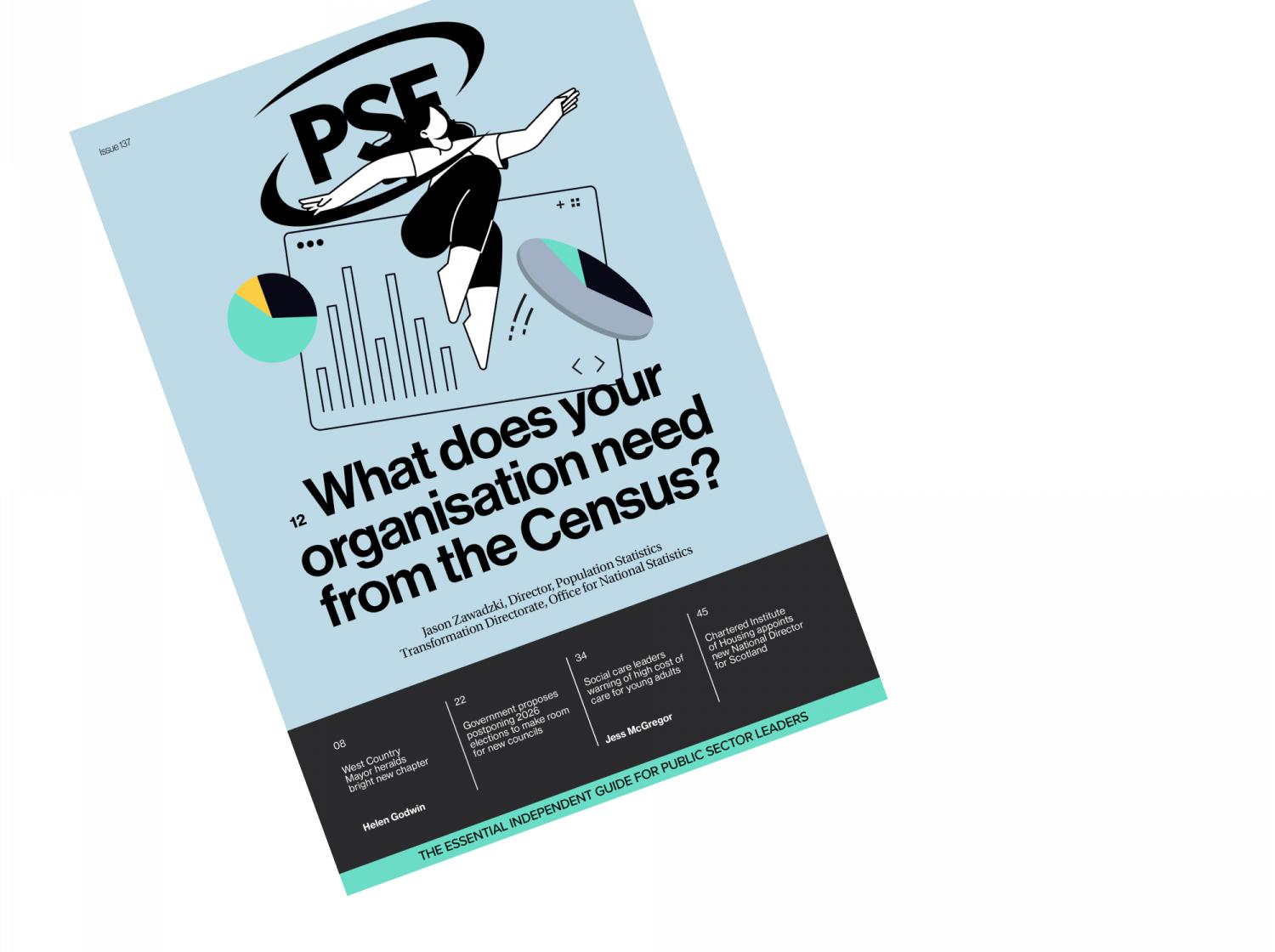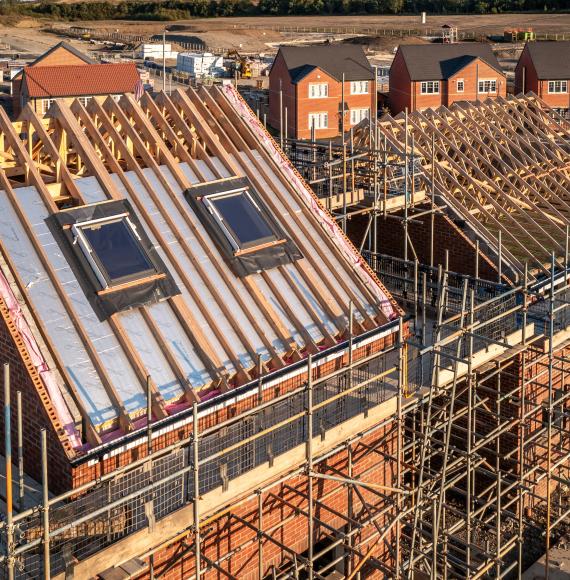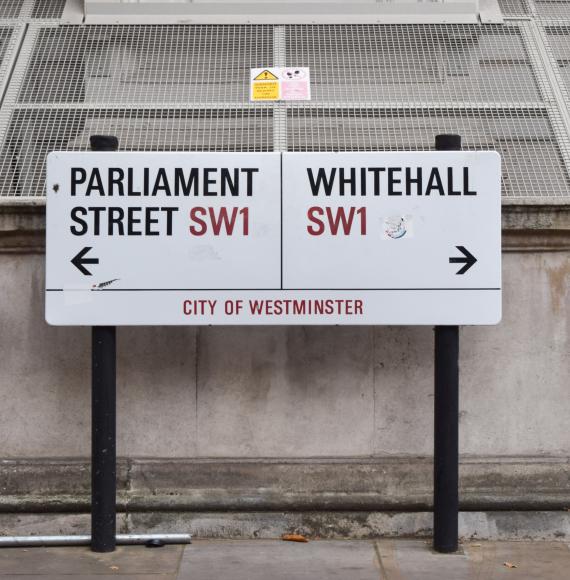During his keynote speech at today’s PSE365 Public Sector Decarbonisation event, Director of Strategy and Technical Services at Salix Finance, Paul Smyth, revealed that applications are now open for Phase 3 of the Public Sector Decarbonisation Scheme.
Phase 3 supports the government’s net zero and clean growth goals and will continue to have a strong focus on heat decarbonisation in order to deliver carbon emission reductions.
It will support the public sector in taking a ‘whole building’ approach when decarbonising their estates.
The application window for Phase 3 will close at 2pm on 3 November 2021.
The total amount of funding available for this will not be confirmed until after this year’s Spending Review, which is due to take place on 27 October.
Therefore, there is no guarantee of any funding until the outcome of the Spending Review is confirmed and applications are submitted at the risk of the applicant.
Applications will be assessed, and funding awarded to eligible projects, in the order in which applications are received.
Grant offers will only be made after the total funding for the scheme is confirmed and applicants are not expected to be informed if they have been successful until 2022.
The priority for Phase 3 of the scheme is to provide funding for decarbonisation projects where the heating systems are at the end of their working lives and there is an imminent need for replacement.
Therefore, the majority of the 2022 to 2023 grant funding has been set aside for projects that need to take place between 1 April 2022 and 31 March 2023.
A smaller proportion of the 2022 to 2023 grant funding has been set aside to specifically support decarbonisation projects involving heating systems that are expected to reach the end of their working lives in 2023 to 2024 or 2024 to 2025 and where the work needs to start in 2022 to 2023.
Once the total budget is confirmed, 85% of the 2022 to 2023 budget will be allocated to the ‘single year projects’ where the heating system has reached the end of its working life.
The remaining 15% will be allocated to the first year of ‘multi-year projects’, which must start in 2022 to 2023 and end in either 2023 to 2024 or 2023 to 2025 respectively.
Applicants will need to state clearly whether they are applying for funding for single year or multi-year projects.
All applications should be made via Salix Finance.
Visit Salix Finance’s website for further detail and guidance on applying to the scheme.
Watch the Public Sector Decarbonisation Virtual Event on demand here.


















